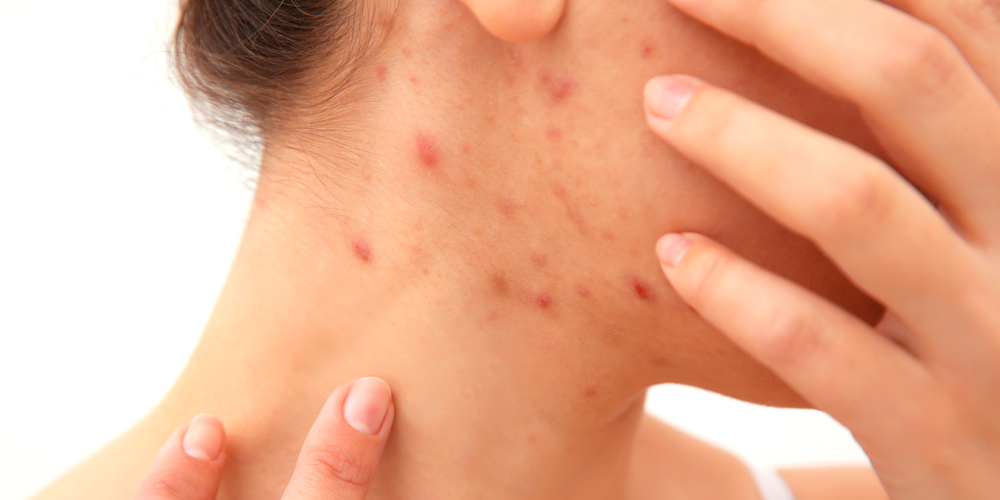
What is it?
“Ketogenic” means a diet with low carbohydrate. The idea is that most of the calories you get from protein and fat and less from carbohydrates. Should be reduced easily digested carbohydrates like sugar, sodas, sweets and white bread.
How it works?
When you eat less than 50 grams of carbohydrates a day, the body eventually ends quickly the fuel (blood sugar). Usually it takes 3 to 4 days. Then the body begins to break down proteins and fats for energy, leading to weight loss. This is called ketosis.
Who’s using it?

People often resort to a ketogenic diet for weight loss, but it also helps to control certain pathological conditions such as epilepsy, for example. It also helps people with heart disease, certain brain disorders and even acne, but more research is needed. Consult your doctor and find out how the ketogenic diet safe for you, especially if you have type 1 diabetes.
Weight loss
Ketogenic diet helps to lose weight more within the first 3-6 months than other diets. Perhaps this is due to the fact that more calories expended in converting into energy fat than carbohydrates. It is also possible that a diet rich in fats and proteins, nourishes the body more, so you eat less, but that have not yet been proven.
Cancer

Insulin – a hormone that helps the body use and store sugar as fuel. The ketogenic diet allows you to quickly burn the fuel, so it does not need to be stored. This means that the body needs and produces less of insulin. Lower insulin levels helps protect against certain types of cancer or even slow the growth of cancer cells.
Heart disease
It seems strange that diet is related to eating more fat can raise good cholesterol and lower bad cholesterol, but the ketogenic diet associated with this. Possibly thanks to lower insulin levels, which is caused by adherence to this diet, the body stops producing more cholesterol. This means that you are less likely to be hypertension, heart failure and other heart diseases.
Acne

This disease is associated carbs, so reducing carbs may be useful. Lower levels of insulin, which causes the ketogenic diet also helps to stop the eruptions of acne (insulin may contribute to the body’s other hormones that provoke the rash).
Diabetes
Low carb diets reduce blood sugar levels. When the body burns fat for energy production, produces substances called ketones. If you have diabetes, especially type 1, is too high ketones in the blood causes nausea. It is therefore very important to consult a doctor about any change in the diet.
Epilepsy
The ketogenic diet has helped control the seizures caused by this disease since 1920-ies. Again, it is important to consult with your doctor and find out what suits you.
Other disorders of the nervous system

Carbohydrates affect the brain and spinal cord, and nerves connecting them. Epilepsy is one of the disorders in many other ketogenic diet may also be useful, including when the disease Alzheimer’s, Parkinson’s and sleep disorders. Scientists are unsure about, but it is possible is because the ketones generated by the conversion of fat into energy, help to protect brain cells from damage.
Physical activity
The ketogenic diet can help athletes, which are important for endurance runners and cyclists, for example, during exercise. Over time, the diet influences the ratio of muscle and adipose tissue and helps to increase the amount of oxygen that the body is able to use in the absence of heavy loads. But with that diet helps in training, it may not work as well as other diet for peak performance.
Side effects
The most common side effects are usually not very serious: you may Have constipation, moderately low blood sugar levels or indigestion. Much less low-carb diets lead to kidney stones or high levels of acid in the body (acidosis).
Caution when diet
The burning of fat reserves by the body can affect the kidneys. The beginning of ketogenic diet or a return to usual diet after ketogenic can be problematic if you are overweight, in connection with other possible health problems such as diabetes, heart disease or hypertension. If you have one of these diseases, make changes to diet slowly and only under the supervision of a physician.
